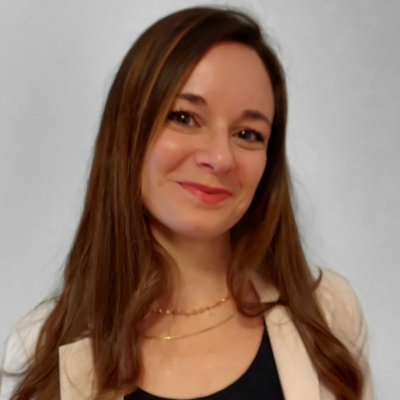
Fluid-dynamic multi-in vitro organ MIVO® applications for cancer cell plasticity
Prof. Luciano Galantini and Prof. Luigi Campanella are glad to invite you to the department webinar:
Fluid-dynamic multi-in vitro organ MIVO® applications for cancer cell plasticity
by
Monica Marzagalli
Senior scientist at React4life, an innovative company that develops technological solutions for biomedical research.
Webinar will be held on April 16 aprile at 15.00 on Zoom.
To attend the webinar, please register at: https://uniroma1.zoom.us/meeting/register/tJEoduqtrTktGNaA3ODIQAhGND_b6XbNsGuw
Abstract
One of the main issues in biological and medical research is the need of reliable tools for physiologically relevant human modeling. This is particularly true for cancer research, since drug resistance and cancer-related deaths still represent a major challenge.
The MIVO technology encloses a fluidic multi-chamber platform that can easily adapt to multiple applications, from the basic biological characterization/targets identification to pharmacological testing, in a humanized in vitro model. MIVO is perfectly customizable, so that the researcher can recapitulate the desired microphysiological/micropathological system in a well, in order to improve and speed-up basic and pharmacological research.
Cancer stem cells (CSCs) are considered the root of the primary and the metastatic tumor mass, and responsible of drug resistance. Thus, the understanding of CSCs biology represents the basis for the improvement of cancer therapies.
This webinar aims to present some applications of MIVO device for the cancer cell plasticity and cancer stem cells (CSC) studies: the adoption of powerful and reliable human cancer model in vitro opens new ambitious scenarios for the study of CSC biology and the pharmacological screening of antiocancer drugs.
Monica Marzagalli

Monica graduated in Drug Biotechnology at the University of Milano, Italy, where she later obtained her PhD in Endocrinological and Metabolic Sciences, in 2015.
Since the beginning of her career, her research focused on tumor biology, with emphasis on the cellular and molecular mechanisms of melanoma progression, on its pharmacological targeting and on the characterization of the cancer stem cell-subpopulation.
Given her growing interest in the tumor immune microenvironment, in 2017 she flew to Los Angeles, where she worked as a Postdoc at City of Hope National Medical Center, acquiring immunooncology-related skills. Moving back to the University of Milano, she started working on the cross-talk between cancer stem cells and tumor-associated neutrophils, finally landing to React4life as a Senior Cell Biology Scientist.
